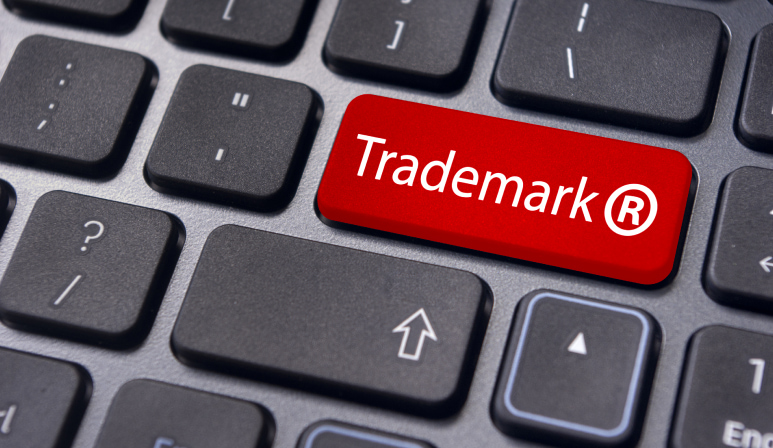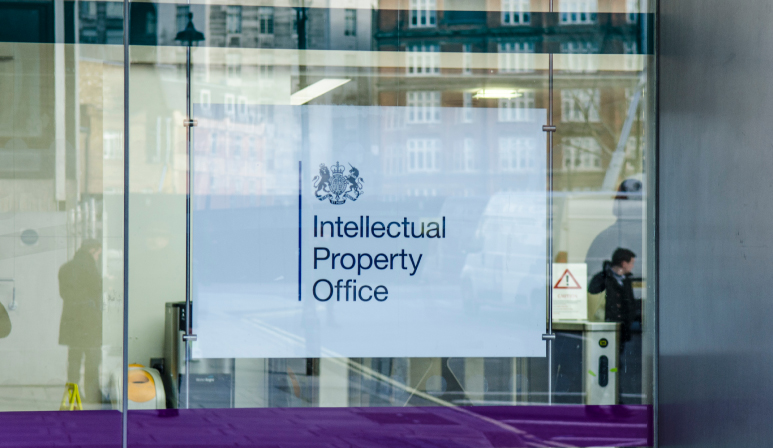- Notifications

We will only notify the newest and revelant news to you.
Trademark infringement in the UK is an issue that concerns businesses looking to create and build their intellectual property (IP). As businesses rely so much on their brands and the legal rights that trademarks afford, they need to make sure their trademarks are not being utilized by third parties without their permission. The UK has a proper system of law in which business entities can try to safeguard their trademarks, but infringement does occur and is costly.
This article discusses trademark infringement in the UK, trademark infringement cases in the UK, trademark infringement under UK law, and trademark infringement examples in the UK, offering valuable insights for businesses on how to prevent and manage such issues.
Trademark infringement in the UK is where a trademark is utilized by another individual aside from the registered proprietor without permission. The legal framework of the UK provides protection to the proprietor of the trademark such that their intellectual property rights are not violated.

Understanding the Trademark Infringement helps businesses avoid relevant legal issues
Trademarks can be violated in numerous different ways:
The key criterion for trademark infringement in the UK is whether consumer confusion occurs or whether the trademark's distinctiveness is compromised.
A number of cases of trademark infringement in the UK have had an impact on the application of trademark law. These include:

Lots of cases of trademark infringement in the UK have had an impact on the application of trademark law.
These cases show that trademark infringement cases in the UK are not limited to traditional brand elements like logos or names; they can also extend to keywords, colors, and digital products.

Trademark infringement in the UK is a civil offence, with counterfeiting subject to criminal sanctions.
Trademark infringement under UK law is a civil wrong but can attract criminal sanctions if it constitutes counterfeiting. The registration of trademarks is controlled by the UK Intellectual Property Office (UKIPO), and the rights of trademark holders are enforceable through a variety of legal remedies:
If you believe your trademark is being infringed, taking advice from a lawyer can assist you in handling trademark infringement under UK law efficiently and cost-effectively.
Several trademark infringement examples in the UK illustrate the kinds of legal battles that companies can face. These cases show the different ways in which infringement can happen, even in industries that seem unrelated. Examples include:

Various legal battles about Trademark Infringement in the UK recently
Both of them illustrate the ways in which trademark infringement in the UK can take place across various industries, for instance, cosmetics, fashion, or financial services. Both of them also illustrate just how much it is in businesses' hands themselves to proactively protect their trademarks from misuse.
In order to prevent trademark infringement in the UK, organizations have to play their role in protecting their intellectual property. Some of the ways of protecting your trademark are as follows:
Trademark infringement in the UK is a cause for concern for businesses that rely on their intellectual property for brand identity. By learning about trademark infringement cases in the UK, the legal remedy under trademark infringement in UK law, and by learning from trademark infringement examples in the UK, businesses can take steps so that their trademarks are safeguarded.
Latest news & insights from around the world brought to you by One IBC's experts
We are always proud of being an experienced Financial and Corporate Services provider in the international market. We provide the best and most competitive value to you as valued customers to transform your goals into a solution with a clear action plan. Our Solution, Your Success.